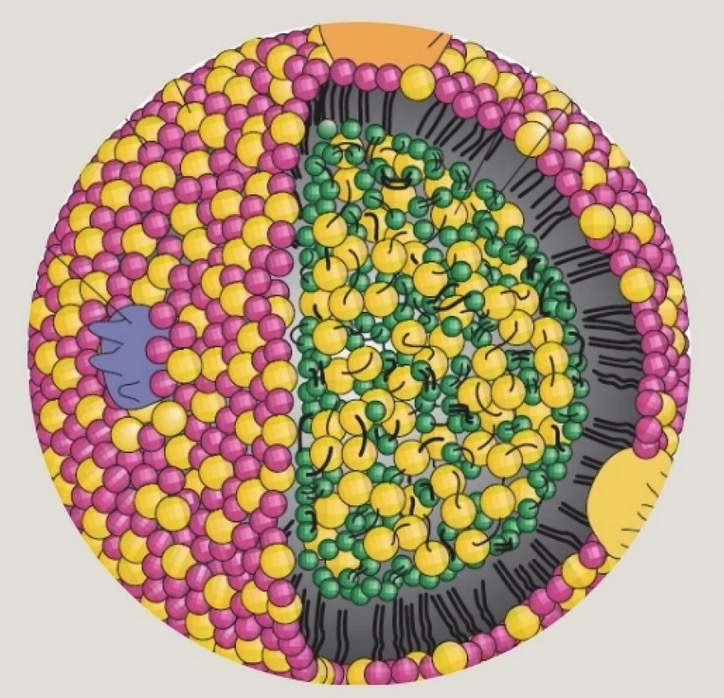cross-posted from: https://sh.itjust.works/post/31544365
Reduced glucose metabolism and mitochondrial dysfunction correlate with increased neuronal death and brain damage during cerebral ischemia and neurodegeneration. Ketone bodies (KBs), such as acetoacetate and β-hydroxybutyrate, serve as crucial alternative energy sources during glucose deficiency. Both KBs and the ketogenic diet (KD) demonstrate neuroprotective effects by orchestrating various cellular processes through metabolic and signaling functions.


Thank you @[email protected] for sharing the paper its really interesting!
This is a really great overview paper, from 2024. If your interested in this subject I recommend reading the full paper.
Notes:
The author is showing bias in their assumptions by the term normal; It would be better if they indicated what the preferred brain fuel was/is (ketones or glucose) rather then saying “normal”, because that implies bias.
I’m not sure why they are talking about ketoacidosis at all, is it relevant?
figure 1 - ketogenic and ketolytic pathways in the liver and braincells
It’s important to note this transversal is not impacted by insulin resistance. They hint at this when talking about AD but do not say it explicitly.
table 1 - overview of clinical studies using ketones
This strongly implies a link to insulin resistance, and the inability of the glucose/insulin to get into the brain at the proper ratios.
figure 2 - neuroprotective effects of KBs and KD .... in the brain
figure 3 - signaling functions of KBs and KD
figure 4 - signaling KD,KB for anti-inflammation and autophagic flux
figure 5 - regulation of neurotransmission and gut microbiota
I wonder how the papers define dysbiosis, and if there is a net negative impact on overall health? Consider the diet of obligate carnivores, is their gut bacteria in dysbiosis or does it find a steady state?
This is interesting, is this accounting for a diet readjustment period? i.e are these effects seen at 6 months? how many of these effects are due to a increase in plant based foods ?
figure 6 - schematic of molecular mechanisms
.
I think it’s because many people still, especially those working with diabetes, hear ketone and think of the uncontrolled diabetes crisis. I suppose it’s also vaguely useful to point out that an excess so very much in excess that it breaks the body’s ability to maintain correct acidity isn’t helpful. As if we don’t already know that everything is a poison, what matters is the dose.
That last bit about how poorly tolerated the keto diet is sounds very much like the first two weeks with poor guidance, or a badly designed ketogenic diet using foods some participants were intolerant to
I couldn’t do internet keto or Atkins keto for long. I didn’t tolerate it well. But zero carb is easy I have been doing it for 2 and a bit years.